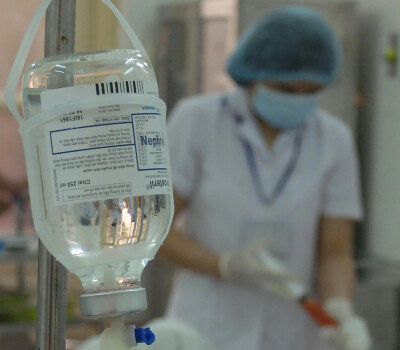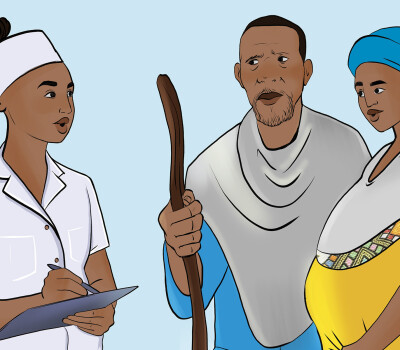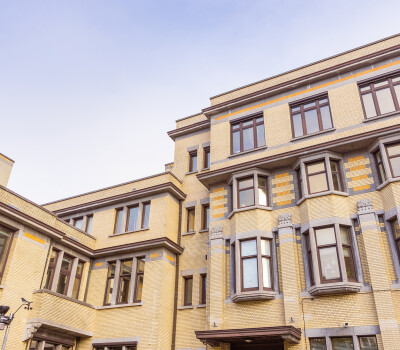“Death in the city”: How can we do better at preventing maternal deaths?
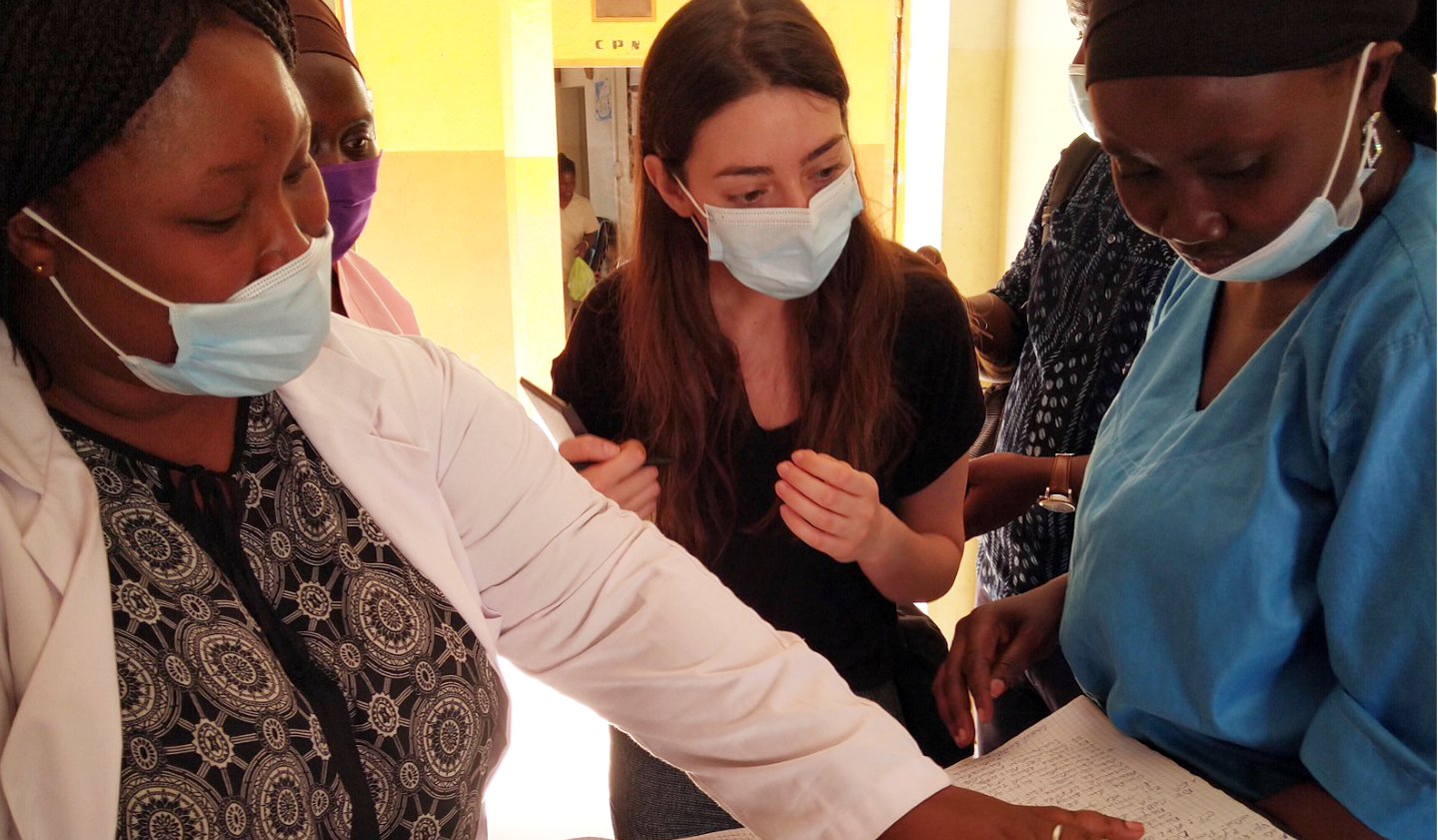
Global progress in reducing maternal mortality has stagnated since 2016, and the numbers remain particularly high in sub-Saharan Africa. The majority of the nearly 300,000 maternal deaths and five million perinatal deaths could be prevented if women received adequate care during pregnancy and gave birth in facilities capable of managing complications. Historically, most research on the physical accessibility of health facilities has focused on rural areas because of the role of geographical distance, lack of roads and transport, and lower density of health facilities. However, with two-thirds of the world's population expected to live in urban areas by 2050, there is a growing need to study urban maternal health systems to understand how to effectively address the remaining challenges in cities.
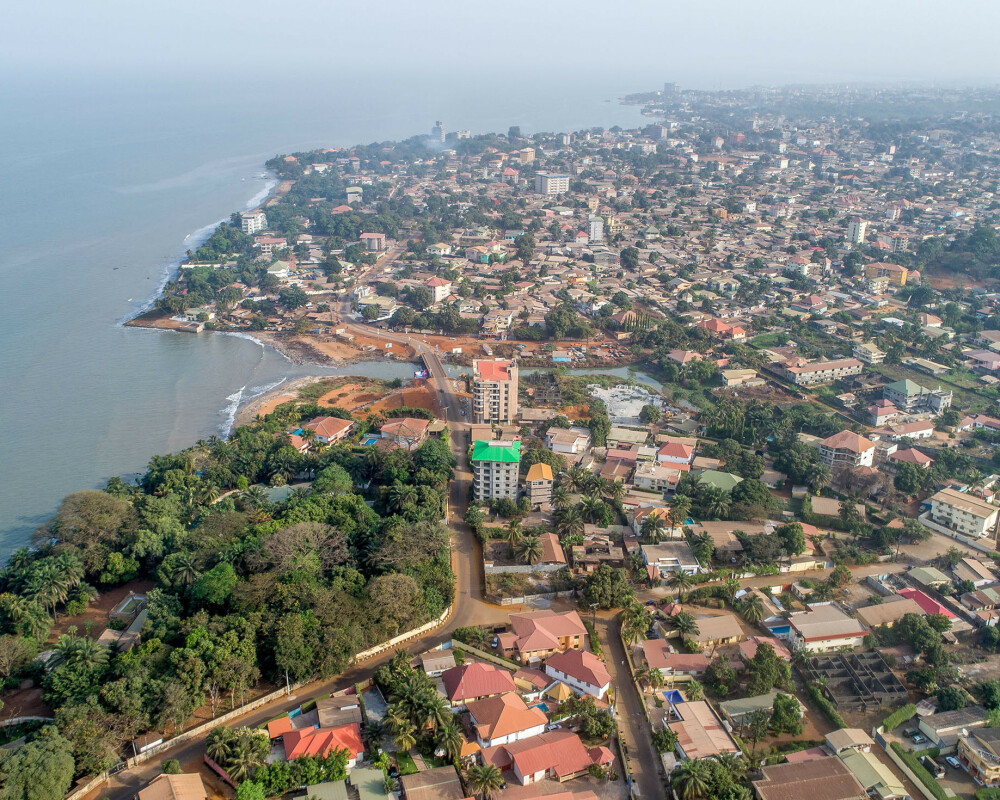
In a new FWO-funded project called Discontinu-Cities, professors, and long-time collaborators Lenka Beňová (ITM Antwerp) and Alexandre Delamou (African Centre of Excellence at University Gamal Abdel Nasser of Conakry, Guinea) are joining forces to better understand the complex dynamics of maternal care provision and use in sub-Saharan African cities. How? Through geospatial analysis of big data: they will innovatively combine secondary data from 149 African cities on infrastructure (housing, roads, health facilities), territorial conditions (topography, urbanisation, air pollution) and social determinants of health (poverty, women’s empowerment).
Additionally, to describe a city in more detail, they will collect data from health facilities where women can give birth and from women living in different communities in Conakry, Guinea (a city of 2 million in West Africa). The results of this project will be crucial in identifying the barriers to timely and quality care for pregnant women and their babies, and how the data can help to understand these challenges in other cities. Governments will be able to use these findings to address issues specific to their cities to improve survival and well-being.
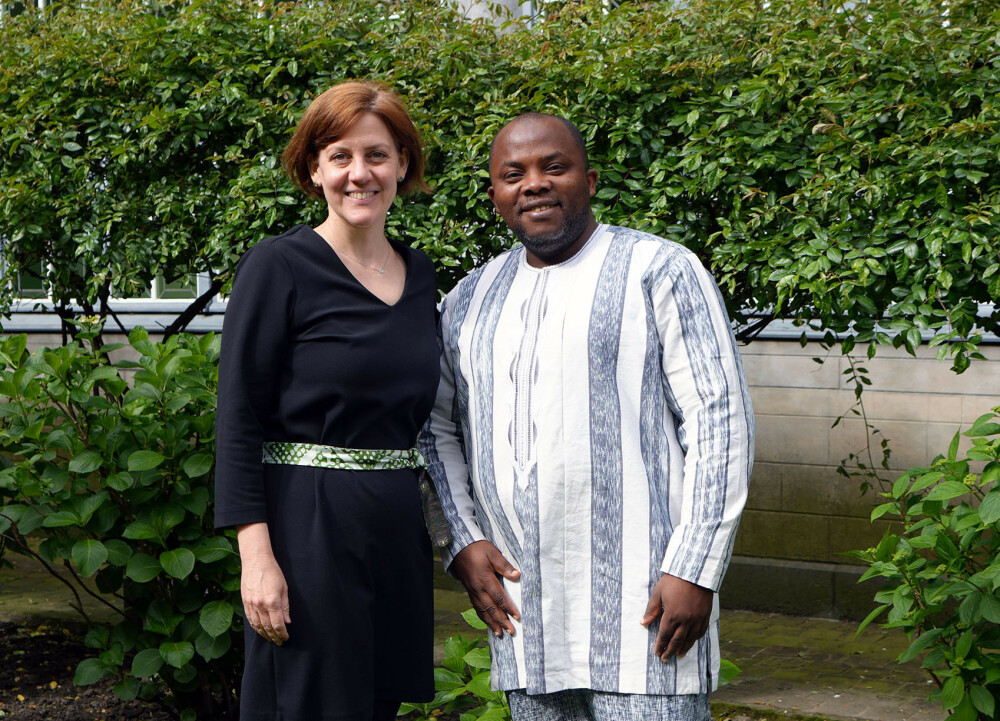
Professor Delamou explains: "In Guinea, limited access to life-saving healthcare facilities for women and babies in cities leads to preventable deaths. Many health facilities lack sufficient staffing, supplies, and training, resulting in substandard care. Factors like late referral of women with complications, heavy traffic, poor infrastructure, poverty, insecurity, and high healthcare costs further hinder timely access to care.”
“While these different factors or ‘discontinuities’ have been studied in relation to maternal care, no study has focused on the intersections between them and their systemic impact on urban healthcare systems,” adds Professor Beňová. “Our project will come up with new tools and methods to identify the most critical problems blocking further reductions in preventable mortality.”
The African Centre of Excellence for Prevention and Control of Tropical Diseases (CEA-PCMT) of the University Gamal of Conakry became an ITM partner in 2022, as part of the fifth capacity strengthening programme between ITM and the Belgian Directorate-General for Development Cooperation and Humanitarian Aid (DGD). In this programme, the institutions aim to increase the uptake of evidence-based policies in the health sector in Guinea. The Discontinu-Cities project, which was awarded a highly competitive grant by the Research Foundation Flanders, builds on this fruitful collaboration.
You can hear more from Alexandre Delamou (also an honorary professor at ITM since 2023) and Lenka Beňová, in ITM’s podcast, Transmission.
Spread the word! Share this story on
